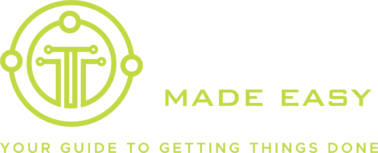Ultimate Home Server Part 5 – Media Server
Now that we have our server setup and we actually have some media installed on it following the steps in Part 4, we now need a way to serve up that media to devices on our network. Fortunately there’s an extremely popular application for doing just that; Plex. Plex is designed to catalogue your media […]
Ultimate Home Server Part 5 – Media Server Read More »







